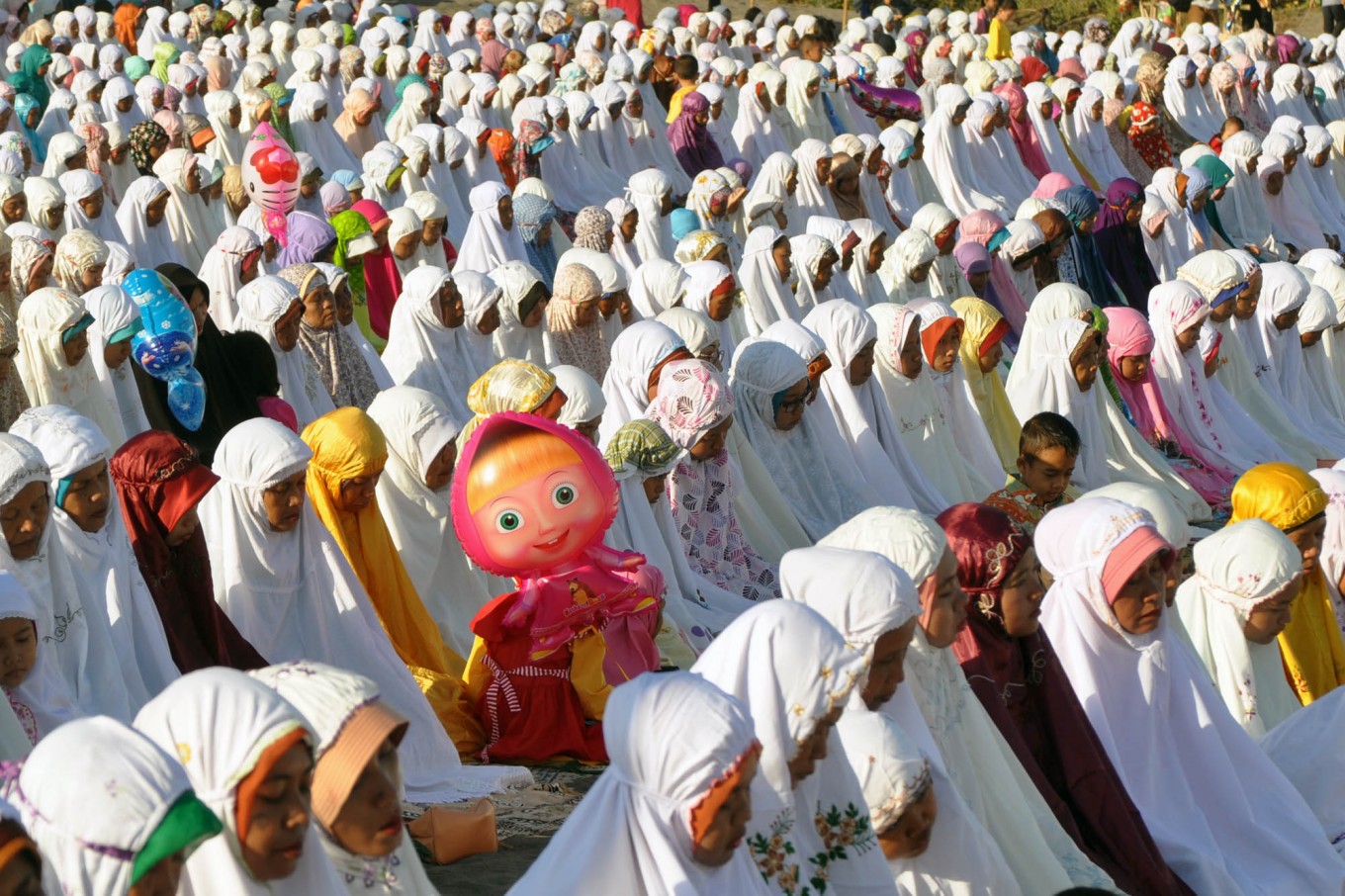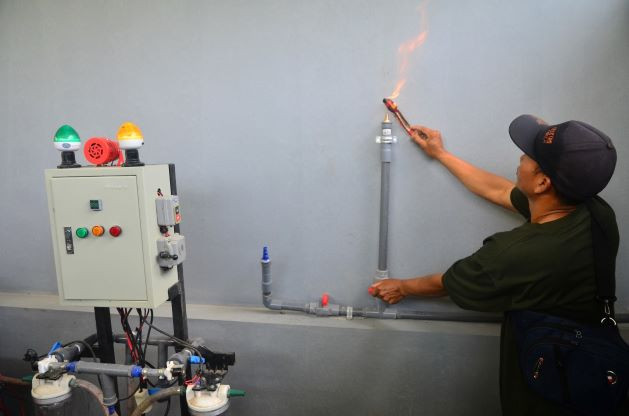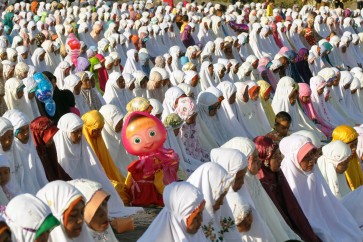Popular Reads
Top Results
Can't find what you're looking for?
View all search resultsPopular Reads
Top Results
Can't find what you're looking for?
View all search resultsFor a greener Idul Fitri
As I grew older, however, I began noticing that Idul Fitri can be bad for the environment. During Eid, many often buy new clothes they really do not need.
Change text size
Gift Premium Articles
to Anyone
M
y annual Idul Fitri or Eid tradition has been pretty much the same since I was little. It usually consists of buying new clothes, going back to my hometown, greeting and visiting relatives, feasting on traditional food and visiting tourist attractions. As I grew older, however, I began noticing that Idul Fitri can be bad for the environment.
Every year in my hometown of Semarang in Central Java, Simpang Lima square turns into mountains of used newspapers right after the Eid prayer, as folks do not pick up and properly dispose the newspapers used to avoid direct contact between the soil and their prayer rugs. During the Eid open house at my grandparents’ home, there will be plenty of unfinished opor ayam (chicken in coconut broth) and rendang plates and half-drunk teh botol left by the many guests.
The tourist attractions that my family visits on the second or third day of Eid are almost always left with a great deal of litter and waste. We tend to over-consume during the Idul Fitri holiday, increasing our waistlines while also damaging the environment.
The Jakarta administration might be pleased that the city’s garbage volume declines during Eid, as many of its residents leave to take part in the annual homecoming. However, in destination cities and towns such as Bandung, Yogyakarta, Semarang, Surakarta in Central Java and Malang in East Java, the increase in garbage volume can reach 40 percent.
During Eid, many often buy new clothes they really do not need. I know some family members of mine who would wear their Eid clothes only once, never to wear them again. Indeed, the Indonesian Retailers Association (Aprindo) expects to see a 300 percent of sales growth for fashion items during the Idul Fitri season.
This high spending on Eid clothes can be bad for the environment, because the clothing industry, especially the fastfashion kind, requires massive amounts of energy and water, produces plenty of pollutants, and often creates waste problems. Despite the economic benefits of increasing clothing sales, we should think carefully about the ecological footprint of our Eid extravagance.
Idul Fitri is often interpreted as the day of victory after Muslims successfully fast during Ramadhan. Some might equate this celebration of victory with excessive food, drinks and fun-filled events. However, Islam also strongly advises balance and moderation in all matters. As stated in Al A’raf: 31 of the Quran, “O children of Adam, take your adornment at every mosque, and eat and drink, but be not excessive. Indeed, He likes not those who commit excess.” Thus, a Muslim can still celebrate Idul Fitri fully, but must not be extravagant in the consumption of food, clothes and other resources.

















